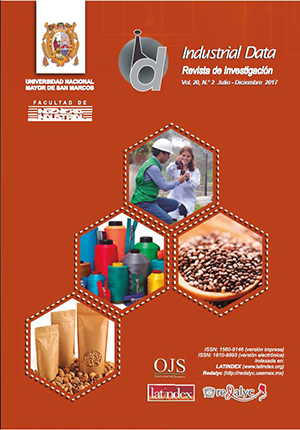Simulation as a component of Crisis Management
DOI:
https://doi.org/10.15381/idata.v20i2.13945Keywords:
simulation, business continuity, crisis management, crisis, techonology acceptance modelAbstract
The principles of this paper are about the problematic that many organizations have, in order to face unexpected events that were never experimented. Furthermore, how severe those events could be for the business continuity. Thus, this study searches for the relation between three concepts: Crisis Management, Live Simulation and Knowledge Management. For those reasons, it purposes to set a group of members from each organization into an experimental scenario that simulates an enterprise in crisis. The idea after the experiment is to accept or reject the usefulness of the simulation as a tool for Crisis Management, likewise, as a dynamic way to share and create knowledge. In order to firm the mission, several theories and assertions are presented -from different authors- in relation to concepts such as, human apprenticeship, crisis, crisis management, simulation, knowledge management and the technology acceptance model TAMIII. The experiment took place in two banks in Lima city. which were exposed to interviews and a questionnaire with the intention to obtain the perception to usefulness and easy of use related to technology.Downloads
Downloads
Published
Issue
Section
License
Copyright (c) 2017 Bruno Arias Bailly

This work is licensed under a Creative Commons Attribution-NonCommercial-ShareAlike 4.0 International License.
AUTHORS RETAIN THEIR RIGHTS:
a. Authors retain their trade mark rights and patent, and also on any process or procedure described in the article.
b. Authors retain their right to share, copy, distribute, perform and publicly communicate their article (eg, to place their article in an institutional repository or publish it in a book), with an acknowledgment of its initial publication in the INDUSTRIAL DATA.
c. Authors retain theirs right to make a subsequent publication of their work, to use the article or any part thereof (eg a compilation of his papers, lecture notes, thesis, or a book), always indicating the source of publication (the originator of the work, journal, volume, number and date).






